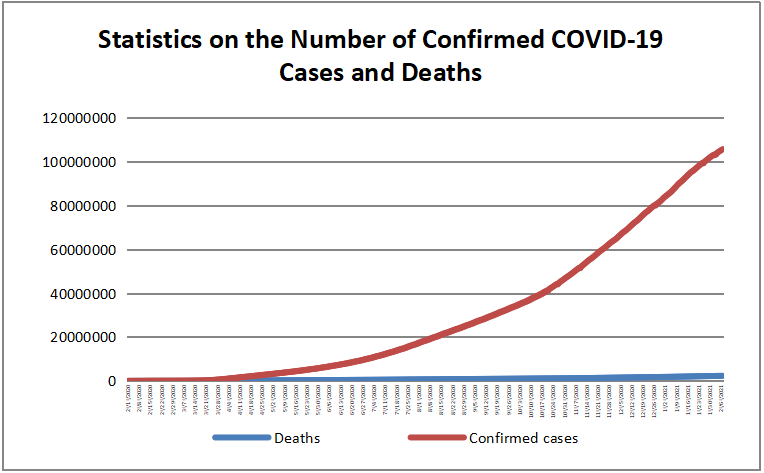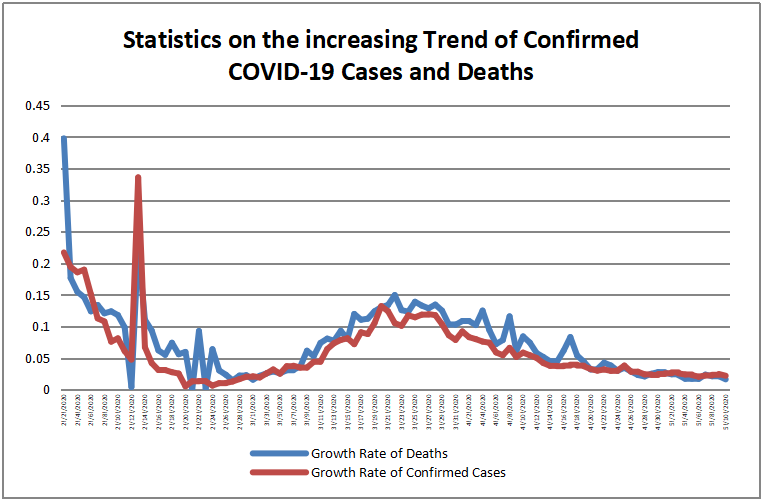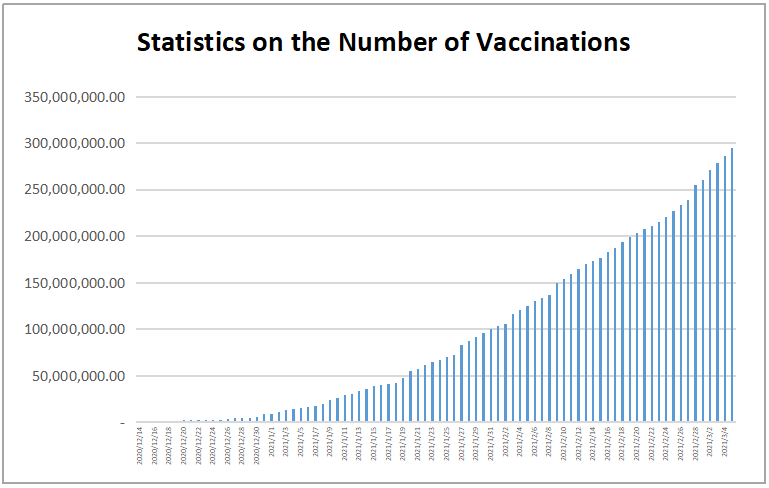WTO and World Bank Launched a Joint Publication to Stress Key Role of Trade in Responding to COVID-19
Time:2022/06/14 BJT
1. Key concerns
On July 3rd, 2022, the World Trade Organization (WTO) and World Bank hosted a launch of the joint publication Trade Therapy: Deepening Cooperation to Strengthen Pandemic Defenses. At the event, the WTO Director-General (DG) Ngozi Okonjo-Iweala, the World Bank Managing Director Mari Pangestu, and officials and academics from Morocco and Indonesia stressed the key role of international trade in responding to the pandemic, and called on greater communication and cooperation among countries (regions) to improve global health security.
Firstly, WTO DG Ngozi Okonjo-Iweala gave a detailed presentation of the joint report. DG believed that the objective of the report is to help policymakers draw lessons, improve trade polices and strengthen international cooperation by examining trade and trade policies in medical goods and services before and during the COVID-19 pandemic. She particularly noted that trade continuously plays an important role in securing access to medical goods and services for countries (regions) both before and during the pandemic.
Echoing the presentation by the WTO DG, the World Bank Managing Director Mari Pangestu then further explained the joint report. She highlighted the “unique role” that the WTO and the World Bank can play in leveraging trade to improve global health security. She said:“ We need greater trade openness—not economic nationalism . ... We need to work collectively to secure that we can prepare for and respond more effectively to the next pandemic.
In addition, the event also introduced the experiences of Morocco and Indonesia in harnessing trade in medical goods and services to mitigate the negative impact of the COVID-19. Abdelouahed Rahal, Director General of Trade at Morocco’s Ministry of Commerce and Industry, and Dante Saksono Harbuwono, Indonesia's Deputy Minister of Health, shared their successful experiences in harnessing trade to fight against the pandemic, and called on countries (regions) and international organizations to unite to collectively withstanding the repercussions of the pandemic.
Just as the WTO DG stated, “ This publication offers valuable insights into how trade in medical goods and services contributes to global health security.”“ And it puts forwards pragmatic, concrete and forward-looking recommendations on how to leverage trade to be more prepared - and respond more effectively - next time a health crisis hits.”
2.Briefing on COVID-19 Pandemic(Issue No.195)
According to WHO statistics, calculated numbers of confirmed COVID-19 cases and deaths reached 530,266,292 and 6,299,364 by June 7, 2022. The US, Brazil, Australia, Germany and Portugal were the five countries (regions) with the highest number of new confirmed cases in the past seven days. The US, Brazil, Russia, Italy and Portugal were the five countries (regions) with the highest number of new deaths in the past seven days.


https://covid19.who.int/
World Health Organization (WHO) recently launched Interim Statement on Hybrid Immunity and Increasing Population Seroprevalence Rates (Interim Statement), reflecting the current understanding of hybrid immunity, the limitation of current research findings and the potential impact of the findings on the COVID-19 vaccination strategies. Statistics from Our World in Data, an online research site of the University of Oxford, presented that 11,831,703,758 doses had been administered globally by June 6, 2022. On June 1, 2022, WHO issued an Interim Statement, which is a phased outcome of WHO’s review of the increasing seroprevalence rates against COVID-19 globally, and the characteristics and potential benefits of hybrid immunity. According to the most recent estimates by the WHO, the percentage of seropositive individuals increased in all regions during 2021. In the meantime, the WHO Unity Studies Collaborator Group believed that hybrid immunity, integrating both vaccine- and infection-induced immunity confers more improved protection compared to only vaccine-induced immunity developed by one or more doses of vaccine or infection-induced immunity develop by one or more infections. However, in the Interim Statement, WHO also said that the above studies have limitations, and more statistical data are needed to solve a series of related problems. In terms of vaccination, WHO said that countries (regions) should emphasize the urgent need for vaccination of all healthcare workers, immunocompromised individuals, and older persons. Booster doses are associated with enhanced protection against Omicron. WHO said that when more evidence is available, WHO will combine hybrid immunity with changes in the seropositivity rate of the population to give further recommendations for vaccination against COVID-19.

https://ourworldindata.org/covid-vaccinations
In terms of the restrictions taken by countries (regions), there are different levels of measures adopted against COVID-19. Some countries (regions) are gradually relaxing their previous pandemic restriction measures to different levels, and some countries (regions) intensified or renewed their restriction measures. In the Americas, authorities in Alameda County, San Francisco Bay Area, California of the US announced on June 3 that the region (except for the Berkeley area) will reimpose the mandatory indoor mask order, which was rescinded in February, in light of the escalating outbreak, according to the New York Times. The Public Health Agency of Canada recently announced that it will extend entry quarantine measures until at least the end of this month, and that visitors will still be required to show proof of COVID-19 vaccination when entering Canada and still may be randomly tested for COVID-19. In Europe, the Maltese Government announced that with effect from June 6, children under 12 years of age entering Malta will no longer be required to present a negative nucleic acid test for the COVID-19. Only one of three documents are required for exempting from quarantine and entering Malta - proof of vaccination against COVID-19, proof of recovery from COVID-19 and a certificate of COVID-19 test. On June 3, the Swiss Federal Council passed a resolution extending from December 2022 to the end of June 2024 the validity of a regulation requiring the government to test deportees for COVID-19. The Finnish government decided at a meeting on June 2 to extend the entry quarantine for travellers from non-EU countries arriving in Finland. It means that travellers from third countries will still only be eligible to enter Finland if they present one of the following three proofs - proof of vaccination against COVID-19, proof of recovery from COVID-19 and proof of a negative nucleic acid test for COVID-19. In Asia, the Japanese government announced on June 7 local time that from June 10 foreign visitors to Japan will be required to wear masks, take out private medical insurance and be accompanied by a person for the entire duration of their stay. South Korea’s Prime Minister Han Duck-soo recently announced that the seven-day mandatory quarantine for foreign arrivals who have not been vaccinated against COVID-19 will be lifted as of June 8. In the meantime, however, entrants will still be required to show proof of a negative nucleic acid test for the COVID-19 within 72 hours.


